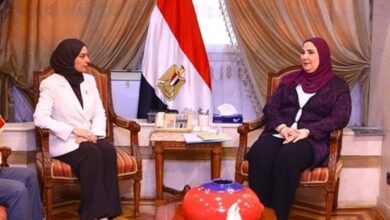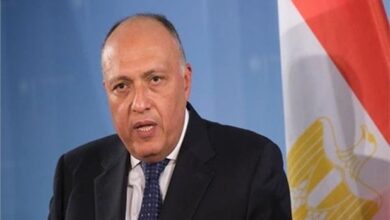Freedom of press in Bahrain has long been a contentious issue highlighted by human rights organizations such as Amnesty International and the Arab Network for Human Rights Information.
Independent Bahraini journalists have formed the Bahraini Press Association (BPA), which "aims to defend Bahraini media workers” as well as highlight the plight journalists working from the island, according to the group's founding statement from July 2011. Initially registered in London, BPA also operates regionally, with 80 members in total, out of Cairo and a number of other countries.
“Inaugurating the BPA when we did was a necessary response to the changing situation after 14 February (when the uprising in Bahrain uprising began), with the military intervention in mid-March, and the subsequent daily infringements on freedom of speech and violations against journalists,” said Hussain Yousif, BPA’s Middle East and Cairo coordinator. Yousif, who cannot return to Bahrain for fear of imprisonment, said that the BPA would not exist in Bahrain given the current conditions, which they consider hostile to journalists.
“What’s happening to Bahrain’s journalists is an extension to what journalists in Egypt and the rest of the Arab world went through. Syndicates and human rights activists have been very gracious in hosting us,” said BPA’s coordinator from London, Adel Marzouk.
BPA released a report on violations against journalists, both local and international, working in Bahrain since February. It estimates that around 120 journalists have been harassed one way or another for independent reporting.
“These journalists have either been arrested, laid off, fined or tortured due to their independent reporting,” said Marzouk.
Publisher Kareem Zahrawi and blogger Zakariya al-Ashira died in custody under “mysterious circumstances,” according to the report, titled "Word Leading to Death."
The editor-in-chief of Al-Wasat, Bahrain’s main opposition paper, is currently under investigation. In the atmosphere of military trials, under which just two weeks ago 19 doctors were sentenced to 15 years each for treating injured protesters – although their official charges are stealing medicine and stockpiling weapons – most journalists fear more than investigations.
Bahrain’s most famous opposition blogger, Ali Abdulemam, was sentenced in absentia for 15 years to life, despite just being released from five months in detention on 22 February, in which he was never sentenced and was subject to torture. Abdulemam has been in hiding since April, escaping his expected incarceration. Tens of journalists are still awaiting trial, some of whom expect sentences of up to five years. “They’re facing very silly charges that entail spreading false rumors and incitement. It is mainly due to the fact that they are actually reporting the news,” said Marzouk.
BPA, operating out of Egypt, hopes to build a regional and international lobbying force to encourage more freedom for journalists.
“Arab bloggers and online activists have been especially sympathetic with our plight,” said Yousif.
Before the start of Bahrain's uprising on 14 February, Bahraini newspapers were subject to the same kinds of constraints that other print media outlets in the Arab world faced.
It cost around US$2.6 million to license a newspaper in Bahrain. For a country with a population of 791,000 (and a potential readership of at most half of the population), BPA considers the fees excessive. Many journalists were afraid to write about Bahrain because legally, the punishment for journalists deemed to have spread “false information" could be a 25-year prison sentence.
“Even before the 14 February revolution, journalists wrote about Bahrain in code. They preferred to write about the rest of the world, hoping their readers would pick up on its symbolic value to the situation in Bahrain,” said Marzouk.
Yousif, an IT specialist by trade, has faith that Egypt can be a safe haven for his regional advocacy, since Bahraini bloggers were vocal advocates of the 18-day revolution in Egypt.
“During the 25 January revolution, bloggers in Bahrain dedicated a lot of time to spreading the message of Egypt’s online activists and citizen journalists. It was as if we were writing about our own revolution,” he said.




